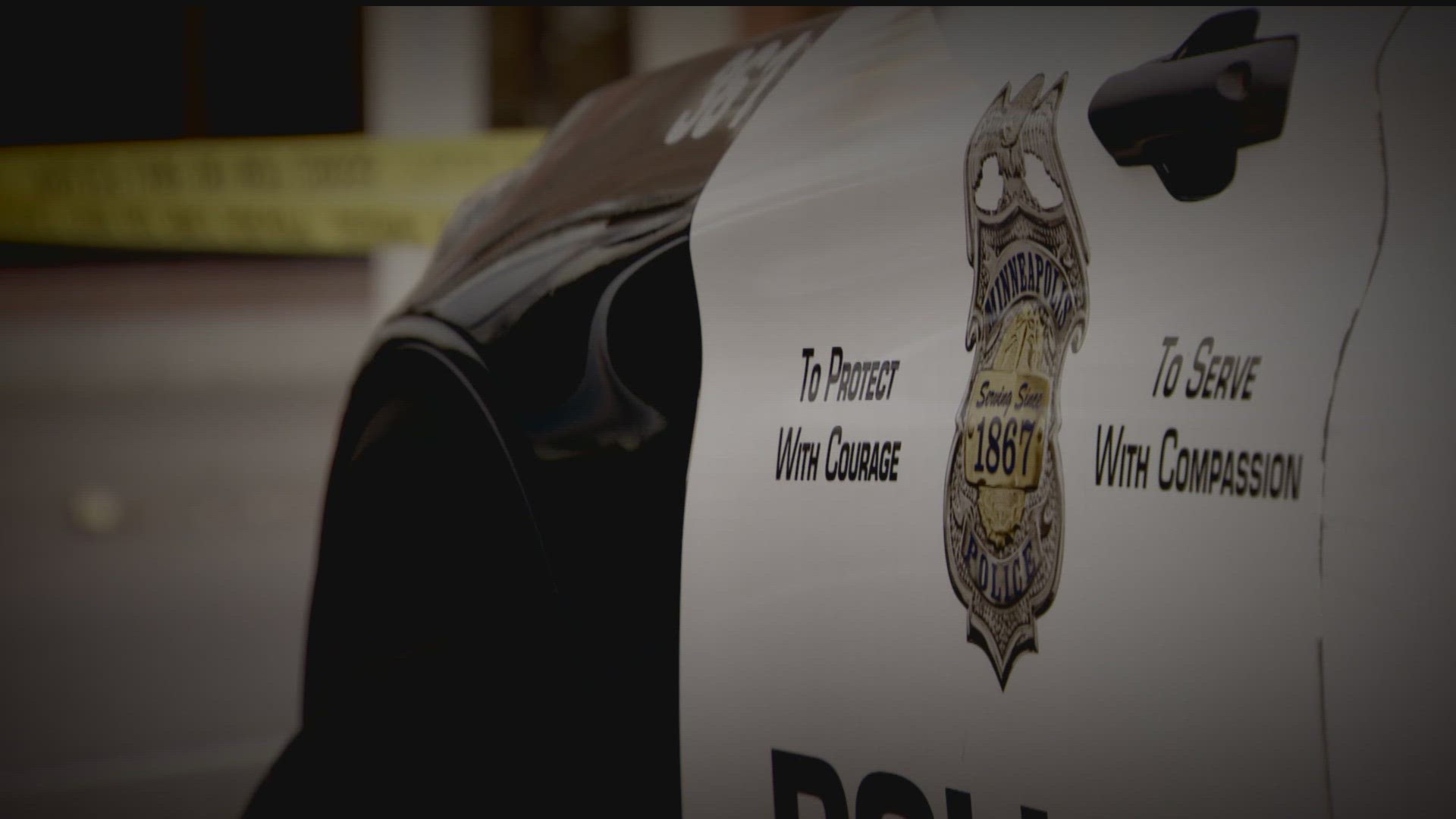MINNEAPOLIS — A Hennepin County judge has signed off on an agreement between the City of Minneapolis and the Minnesota Department of Human Rights (MDHR) on a series of reforms for the Minneapolis Police Department (MPD) following the 2020 murder of George Floyd by an MPD officer.
The court-enforceable settlement agreement requires the city to address concerns about discrimination and race-based policing, in addition to changing policies related to areas like training, traffic stops and use of force.
MPD and the City of Minneapolis are also in negotiations for a second, separate federal agreement, after a Justice Department investigation found MPD engaged in a pattern of excessive force and discrimination. That federal agreement, when it's completed, will be known as a "consent decree."
Meanwhile, the state settlement follows a civil rights investigation launched by the Minnesota Department of Human Rights just days after George Floyd was killed under the knee of then-MPD officer Derek Chauvin. The MDHR report, released in April 2022, found that there was "probable cause that the City and MPD engage in a pattern or practice of race discrimination in violation of the Minnesota Human Rights Act."
The Minneapolis City Council voted to accept a settlement with the state in March.
“With the eyes of the world on Minneapolis, entry of this order reflects this critically important moment in time," MDHR Commissioner Rebecca Lucero said in a statement. "The agreement captures the scope of the necessary work ahead to address race-based policing, a plague on our City that harms everyone, especially people of color and Indigenous community members. We, at the Department, are committed to the work that lies ahead.”
Toshira Garraway, a community activist and founder of Families Supporting Families Against Police Violence, attended Thursday's court hearing and was present when the judge announced her intention to sign the state settlement agreement.
"I think this is a moment in history," Garraway said. "It gives me a little bit of hope knowing that going forward, that hopefully people will understand if you mistreat someone that there is a set of rules in place to hold you accountable for that."
In an interview after the hearing, City Attorney Kristyn Anderson said negotiations for the separate federal consent decree are still ongoing. She also said the city is working this summer to hire a team of independent evaluators to monitor its progress. The city's intention is to have the same independent evaluator oversee both the state and DOJ agreements, although the federal government could in theory choose its own monitor.
Under the terms of the state settlement agreement, the city can pay the independent evaluators up to $1.5 million per year.
"We are motivated not just for the cost," Anderson said. "We are motivated to make sure that policing in Minneapolis is what the community expects."
Read the full settlement document below:
Terms of the settlement call for limitations on the Minneapolis Police Department's use-of-force, with a focus on de-escalation; limitations on traffic stops for minor violations, searches and arrests; use requirements for body-worn cameras; reforms for police training; reviews and updating of MPD's policies; adopting non-discriminatory policing guidelines covering all protected classes; and support for officer wellness.
The settlement also calls for increased mental and behavioral crisis support in the field, including a behavioral health crisis response team.
The department would also increase transparency with its data and reviews on a public website.
Multiple individuals and agencies will now be responsible for overseeing the implementation of the terms of the consent decree and holding the city accountable, including a team of individual evaluators, Minnesota courts, the Minnesota Department of Human Rights, and MPD officers and community members.
Watch more local news:
Watch the latest local news from the Twin Cities and across Minnesota in our YouTube playlist:

